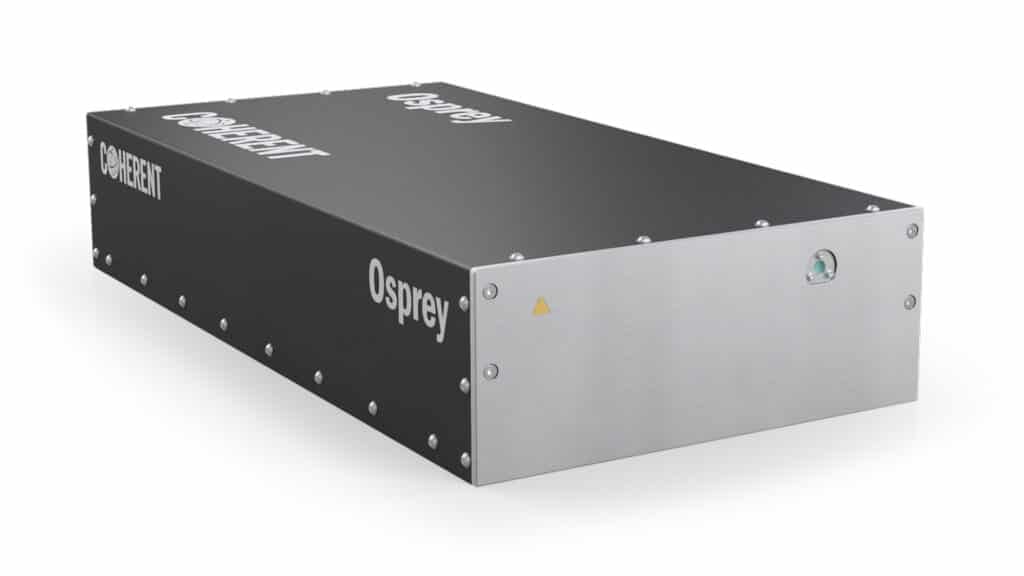The News: On November 6, Amazon and MongoDB announced they are collaborating to optimize Amazon CodeWhisperer on MongoDB’s developer data platform, which is used by, according to the company, millions of developers to build applications. Here are the key details:
- Amazon CodeWhisperer is an AI code development tool that generates code suggestions based on natural language comments or existing code from integrated development environments.
- MongoDB provided training data for their own use cases to Amazon, which originally trained CodeWhisperer on “billions” of lines of Amazon and publicly available code.
- The result is that developers on MongoDB get enhanced suggestions to help them quickly write high-quality code when building data aggregations, performing database operations, and accelerating migration of applications to MongoDB for modernization. This functionality includes optimizations available for five of the most common programming languages used on MongoDB: C#, Go, Java, JavaScript, and Python.
Read the full press release on MongoDB and Amazon CodeWhisperer on the MongoDB website.
Amazon CodeWhisperer and MongoDB Collaborate
Analyst Take: The MongoDB and Amazon collaboration has impacts for code generation, automated code development, and the database management ecosystem.
Code Generation Is Awesome
The early frontrunner for most valuable generative AI application is code generation. Despite some potential issues with intellectual property (IP), the early ROI for code generation is showing up in significant productivity gains. Many players have built code generation applications – GitHub’s CoPilot, Microsoft Copilot, Amazon CodeWhisperer, Google AI code generation, IBM’s watsonx Code Assistant, Oracle APEX Assistant, etc. What is new with this collaboration is it is the first where an unaffiliated code generator has been trained specifically on an unaffiliated database management platform. It is a unique value proposition, but it is unclear whether it will translate into further collaborations.
Database Management Ecosystem Jumble
Database management has gotten a new lease on life over the past several years due to a couple of factors. First, the idea of modern, multicloud database as a service that is purpose-built to support the volume, variety, and speed of data being generated today, and second, the urgent interest and need to tap databases to build generative AI applications. The adversaries in this world include legacy database software providers such as IBM, Microsoft, and Oracle, as well as public cloud providers such as Amazon Web Services (AWS), Google Cloud, and Microsoft Azure. MongoDB competes in this space as a developer data platform that allows developers to build new modern apps that could not be built on legacy relational databases and for them to more quickly modernize existing applications.
So, would CodeWhisperer be a candidate to collaborate with any others? Unlikely. Why? Because all the other players in the database management ecosystem have a code generation application too. There might be a possibility of a collaboration with other non-database players, such as Databricks or Snowflake.
Would MongoDB be open to additional collaboration? Maybe, MongoDB’s Atlas runs on not only AWS public cloud but also Google Cloud and Microsoft Azure. There might be MongoDB developers that would prefer to use code generation tools from those players on their clouds.
Conclusion
The Amazon and MongoDB collaboration is another sign of progressing, iterative thinking on how to make generative AI-based code generation better. The move benefits MongoDB a little bit more than it benefits Amazon. The move might mean further collaboration, but more important, it probably shows a path to more optimized code generation that other players will copy.
Disclosure: The Futurum Group is a research and advisory firm that engages or has engaged in research, analysis, and advisory services with many technology companies, including those mentioned in this article. The author does not hold any equity positions with any company mentioned in this article.
Analysis and opinions expressed herein are specific to the analyst individually and data and other information that might have been provided for validation, not those of The Futurum Group as a whole.
Other insights from The Futurum Group:
GitHub CoPilot Research: Is Automated Code Development the Killer GenAI App?
MongoDB Loves Developers and It Shows
Author Information
Mark comes to The Futurum Group from Omdia’s Artificial Intelligence practice, where his focus was on natural language and AI use cases.
Previously, Mark worked as a consultant and analyst providing custom and syndicated qualitative market analysis with an emphasis on mobile technology and identifying trends and opportunities for companies like Syniverse and ABI Research. He has been cited by international media outlets including CNBC, The Wall Street Journal, Bloomberg Businessweek, and CNET. Based in Tampa, Florida, Mark is a veteran market research analyst with 25 years of experience interpreting technology business and holds a Bachelor of Science from the University of Florida.





